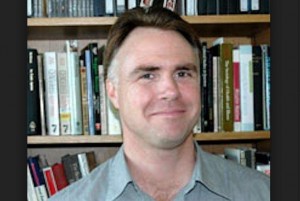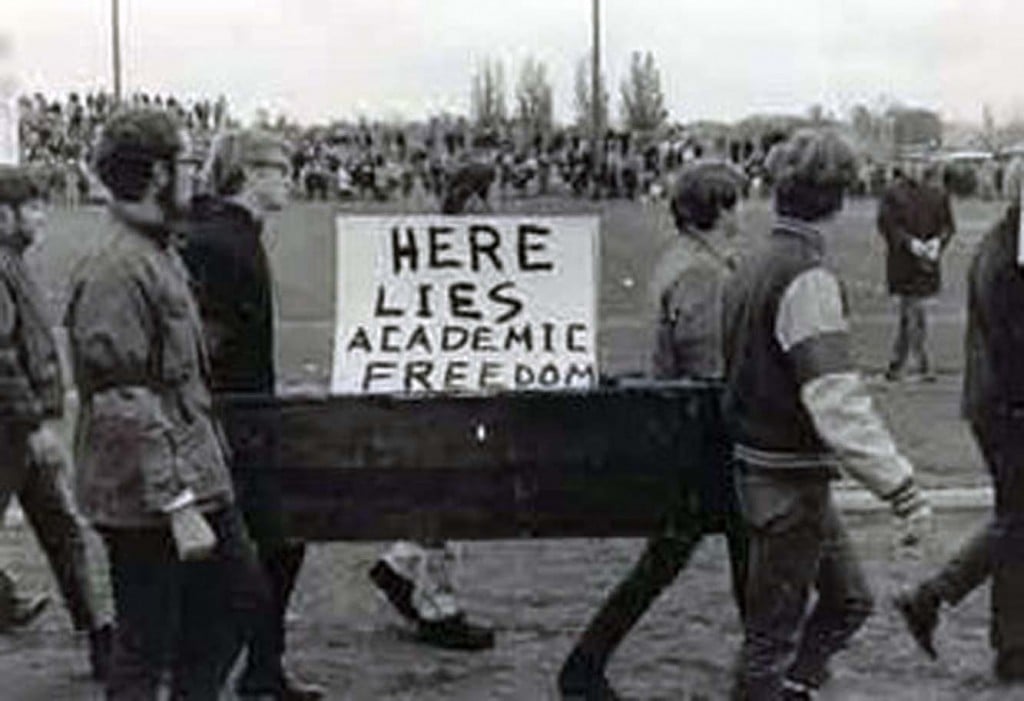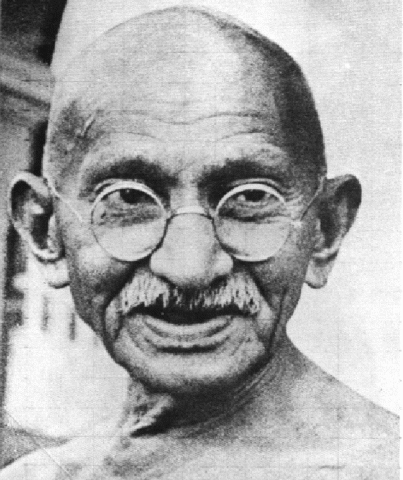I am not sure who has invented those rumors that Cuba is now facing a mortal danger, that it has lost its bearings, and that it could collapse at any moment, after just one lethal visit by US President Barak Obama. The rumors and speculations are snowballing, and in some circles of the North American and European Left, they are already being confused with reality.
I know, admire and love Cuba. It is an exceptionally strong, determined and resilient nation. Reading all the alarming reports, I decided to return and to speak to the Cuban people directly.
I visited Cuba again. This time in between my work in war-torn Middle East and South America, a continent suffering vicious assaults by toxic counter-revolutionary cliques loyal to Washington and Europe.
I decided to drive, to visit remote villages and historic revolutionary sites, as well as the area surrounding the territory stolen from Cuba by Western imperialism – Guantanamo Bay. I drove for over 1,000 kilometers, in the East and West of the country. I worked in Santiago de Cuba, Guantanamo, Havana, Bay of Pigs, Playa Giron and in one of the most remote (and before the Revolution the poorest) areas of the country – Cienaga de Zapata.

I visited Prensa Latina and ICAIC in Havana, but this time my main goal was simply to listen to the Cuban people.
Were they aware of that mortal danger coming from the North? Were they ready to forge compromises? Was their revolutionary spirit getting diluted?
My conclusion is clear and decisive: “No! Cuba is not falling. Cuban people know; they are well aware of what is most likely behind the sweet talk of the US President. They will not yield, and they will not betray the Revolution.”
The danger from the West is real; it is there. It is always there, as it is real. Coercions, tricks, Machiavellian politics – all will be used in attempt to derail, even to destroy the Cuban Revolution. But do not think for one second that the Cuban people don’t see what the Empire is trying to achieve.
Cuba is standing, where it has been for decades. It is doing better than before. It is also stronger than ever. I’m convinced that it is going to prevail.
Before I continue, I have one suggestion to make to those who are thinking otherwise and who are genuinely worried: go to Cuba and help if you think that the country is now facing unprecedented danger. Travel there, talk to people, work, write, film, photograph. Support Cuba abroad. Buy its products, listen to its music, watch films, read books. Spend money there, instead of in Thailand, the Virgin Islands or Egypt, if you need some sun. Do something real, something concrete.
Cuba is the most internationalist country on Earth. It has been showing solidarity with dozens of oppressed and needy countries. It has already done so much for the others – the rest of the world. Now do something for Cuba, instead of prophesying its collapse! Do it if you worry about its future, and do it even if you don’t.
*
Santiago de Cuba is known to be a brave and strong-minded city. This is where the Cuban Revolution began on July 26, 1953. This is where a great poet, writer, and a national hero, José Martí is buried.
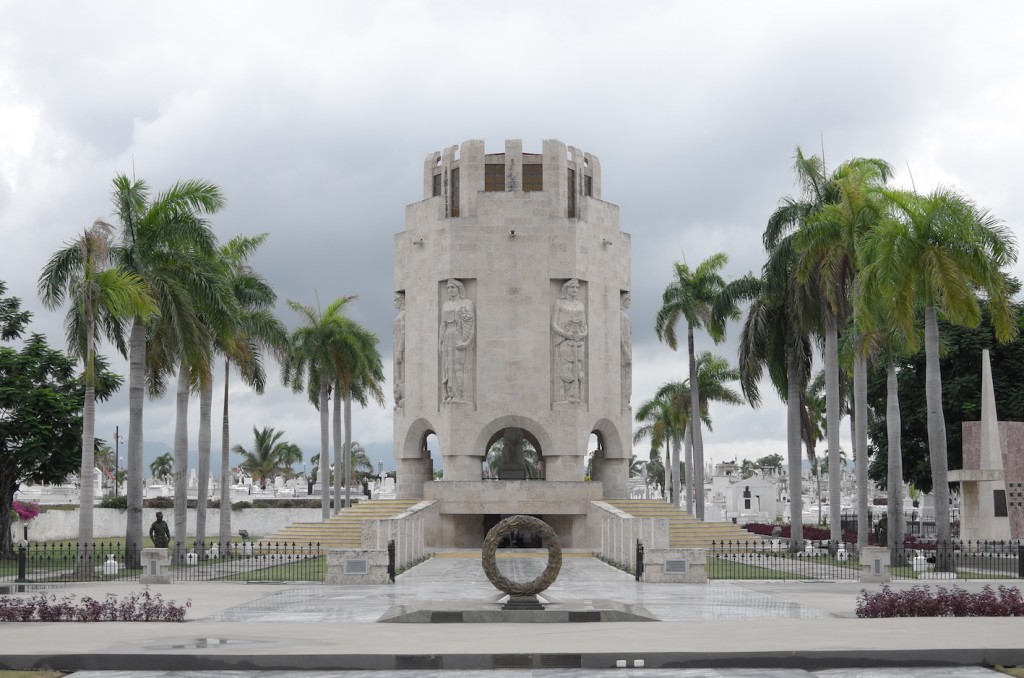
Mausoleum of Jose Marti in Santiago de Cuba
And this is where, on January 1, 1959, Fidel Castro proclaimed the victory of the Revolution from a balcony in Santiago’s city hall.
Like Salvador Bahia in Brazil, Santiago de Cuba gave the world some of the finest musicians. Now, in legendary Casa de la Trova and in many other clubs, cabarets and music halls of the city, mixed couples of all races are dancing to the upbeat rhythms of son and salsa. In Cuba, racism is a foreign unknown factor.
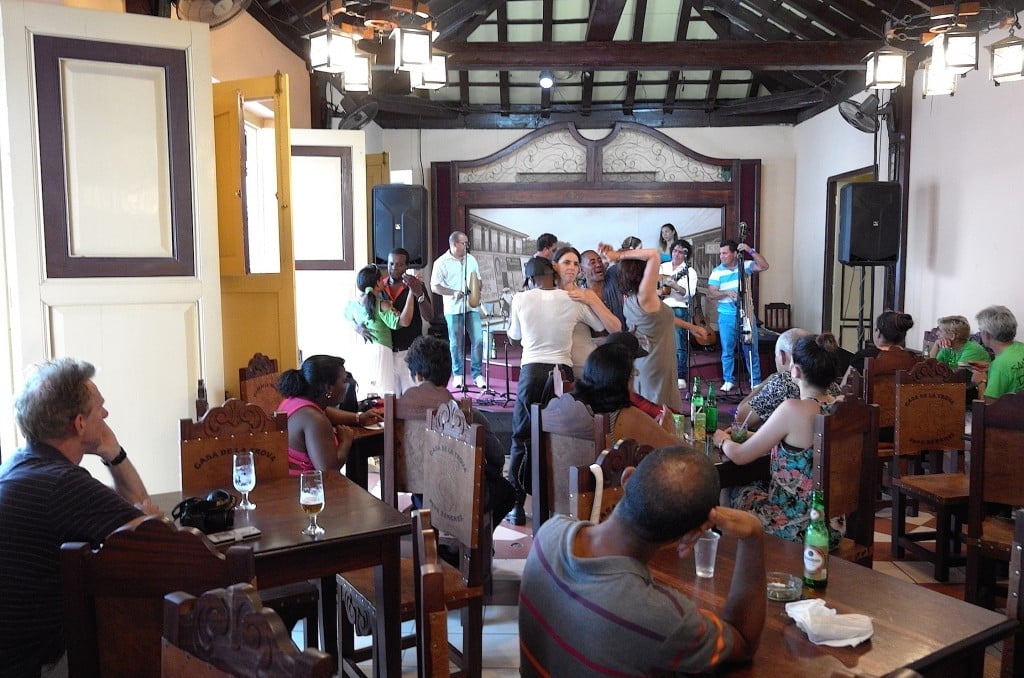
Casa de la Trova – all mixed couples
During my visit, on the second floor of Casa de la Trova, a young Chinese man was exchanging love notes with a black girl, while several local mixed couples were dancing cheek-to-cheek on an old parquet floor right in front of a brilliant, euphoric band.
Here, no ‘political correctness’ is needed. Nothing is forced. Racial and gender equality come naturally, instinctively, as a logical ‘by-product’ of the Revolution.
Countless Cuban people fought and died liberating African nations from Western imperialism. Thousands of Cuban doctors and teachers are still deployed in some of the poorest and remote parts of the world. Cuban Revolution fights for humanism. It struggles; it stands on the side of the oppressed, be they men, women or children. The color of the skin matters nothing. To all Cubans, one thing is clear: each person, each race deserves to live with dignity.
This is “my Communism”. Cuba is my “mother country”.
And that is why Western imperialism hates Cuba. That is why it is using its vitriolic propaganda to discredit the Cuban Revolution. That is why it tries to derail the country from the Communist course by all means at its disposal: through direct attacks, embargo, and now, through a new Machiavellian chapter of ‘normalization’.
Ignacio Guerra Batancour, a mathematician from Santiago de Cuba is a determined supporter of the Revolution and the Cuban Communist system:
Of course people are afraid of Obama and his motives for recently visiting Cuba. Did he come just in order to normalize relations between our two countries? I doubt it! But fortunately, Cuban people have plenty of revolutionary blood left circulating in their veins. And they are smart! Most of them don’t want to become a colony again, and they don’t want capitalism. Here we just want to improve our economic situation a little bit, but otherwise the great majority of people are happy with what they have. I am 64 years old…
He looks at most 50…
I remember how things used to be before the Revolution. It was tough, humiliating… We had to live with malnutrition, ignorance, and exploitation… Things totally changed when Communism arrived. Now I’m not rich either. Not at all! My wife and I have worked hard throughout our entire lives. She used to be a member of the international medical brigade. And all our family members got very good education. My wife is a doctor; our son is a neurosurgeon. We don’t have much but we have enough; we have what we really need. And all of us are living meaningful lives.
But now the United States will definitely try to destabilize Cuba…
Of course! We all know it. Those who say that they don’t know are actually part of the plot against Communist Cuba. We see what the West is doing all over the world. But Cuba will not be allowed to fall. North Americans will try all sorts of tricks, but they’d never dare to invade. Because they still remember the Bay of Pigs and Playa Giron. This nation has great heart but it can also be tough. It has guts. It would not allow this system to disappear.
I told him how much I love his country. He embraced me. “Welcome!” he said. “Live healthy and long life! And come back to Santiago de Cuba, soon. Real friends are always welcomed. We will be waiting for you.”
*
Playa Giron… Here, the West dared. And it lost, spectacularly. Entire nation mobilized. In just one decisive moment, this green, gentle island turned to a monolith, to concrete barrier. “They” didn’t pass! The people whom they came to ‘liberate’ stopped them.

Playa Giron – first major defeat of Yankie imperialism in Latin America
I travelled Playa Giron, driving for over 250 kilometers, from Havana; first on the impressive six-lane motorway, then on a two-lane road. I had been driven and I drove the 1952 Chevrolet, painstakingly restored, shiny and still a reliable friendly monster.

Me and my 1952 horse
Cuba was changing, impressively, and I saw it all around me. The terrible years of extreme sacrifice were over. There were now excellent roads all over the island, comfortable and clean rest stops and fuel stations.
“Look, orange farms!” Dariel, my friend and a driver kept showing me. “And here is one huge sugarcane plantation… and corn…”
Fields were well attended and villages along the road simple but clean and self sufficient, with medical posts, schools and all basic services.
Cuba did not look rich, but it didn’t look poor, either. And it looked much better than three years ago, when I last worked there.
It was definitely not “falling apart”. It was not collapsing. It was growing, improving and evolving. Not to notice, to deny the progress would certainly require great anti-revolutionary self-discipline.
At the small but very informative Museum of Giron, I saw images, maps and documents, explaining those brutal events of the US-orchestrated and sponsored invasion of April 1961, aimed at overthrowing the government of Fidel Castro. More than 1,500 Cuban exiles and mercenaries landed on two sites along the Bay of Pigs. For 72 hours, intense battles raged all over the area – Cienaga de Zapata. Gusanos, invaders, were finally defeated.
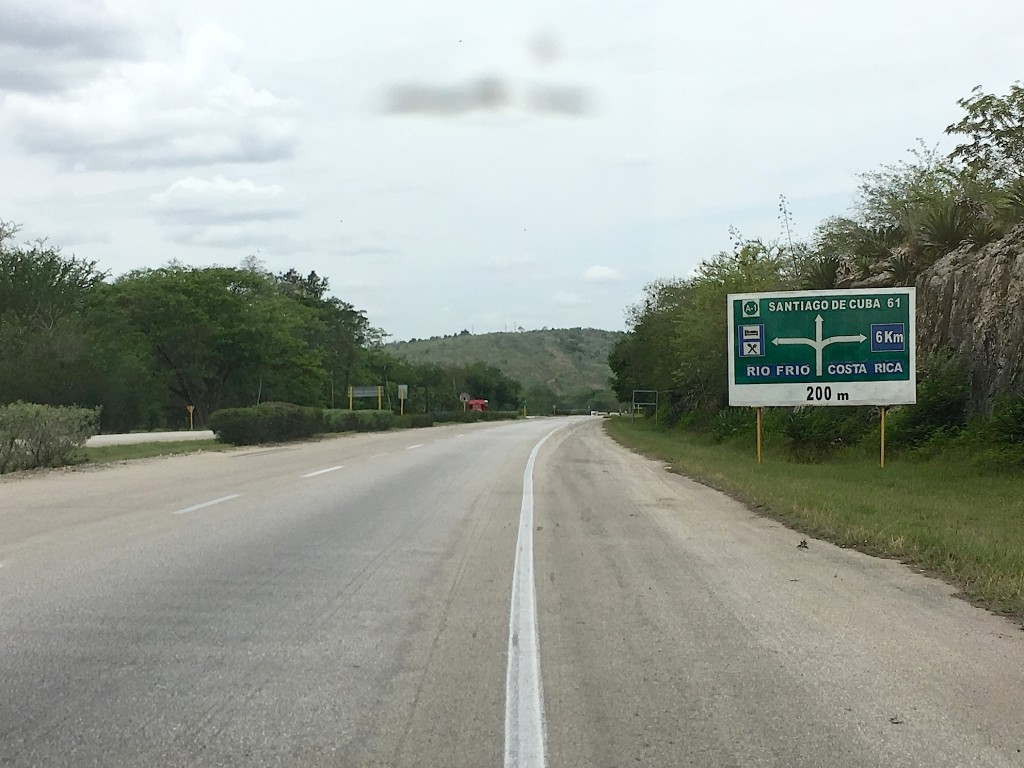
New motorways everywhere
Now the road originating from the motorway and leading all the way to Playa Giron is lined with monuments to fallen Cuban men and women who defended their motherland against the mightiest imperialist country on earth. Countless powerful posters keep reminding the travellers:
GIRON – THE FIRST GREAT DEFEAT OF YANQUI IMPERIALISM IN LATIN AMERICA
And of course: PATRIA O MUERTE! “Fatherland or Death!”
I ask the curator of the museum whether the local people see this place as merely a historical site, or whether they realize that the same acts of terror performed by the West here are still taking place all over the world?

Western terrorism
She answers clearly:
We are well aware what is happening in the world. We watch news, we watch TeleSur, and we discuss the events. What happened here is only one of the thousands of terrible crimes committed by imperialism.
I look at the photos of destroyed civilian airports, of injured and killed Cuban people. There is a pair of shoes belonging to a lady who lost her life during the bombing of a passenger airport. In Western lexicon, this is called ‘failed invasion’. I call it ‘terrorism’.
Then a mixed group of US and Canadian tourists arrived in a huge bus. Loud and disrespectful, they began taking ‘selfies’ in front of the monuments and exhibited military hardware. There were no feelings showing on their faces – no feelings and no regrets.
I approached an elderly couple from Minnesota:
“Does this evoke anything in you?” I asked.
“Well, there was a battle, right?” a man replied, a big but empty grin decorating his face.
“Yes, there was a battle”, I said and walked away.
*
While I was in Cuba, Fidel Castro addressed his people during the closing of the 7th Party Congress:
We all reach our turn, but the ideas of the Cuban communists will remain as proof that on this planet, working with fervor and dignity, can produce the material and cultural wealth that humans need, and we must fight relentlessly to obtain these. To our brothers in Latin America and the world we must convey that the Cuban people will overcome.
This may be one of the last times that I speak in this room. I voted for all the candidates submitted for election by Congress and I appreciate the invitation and the honor of your listening to me. I congratulate you all, and firstly, compañero Raúl Castro for his magnificent effort.
We will set forth on the march forward and we will perfect what we should perfect, with the utmost loyalty and united force, just as Martí, Maceo and Gómez, in an unstoppable march.
*
In Cuba, everything from defending the country to preserving the environment is considered a revolutionary act. I drove through the impressive biosphere, Cienaga de Zapata, a world heritage site. In the afternoon, a huge army of colorful crabs began crossing the road. The entire area is pristine, un-commercialized. I murmur to my driver that the crabs are definitely benefiting from socialism, and so are mangroves, swamps and beaches. He agrees.
In a deep village, Soplillar, I encounter a small museum and a beautiful library with an impressive collection of books. Tables and seats are handmade with love, and so are heartwarming toys.
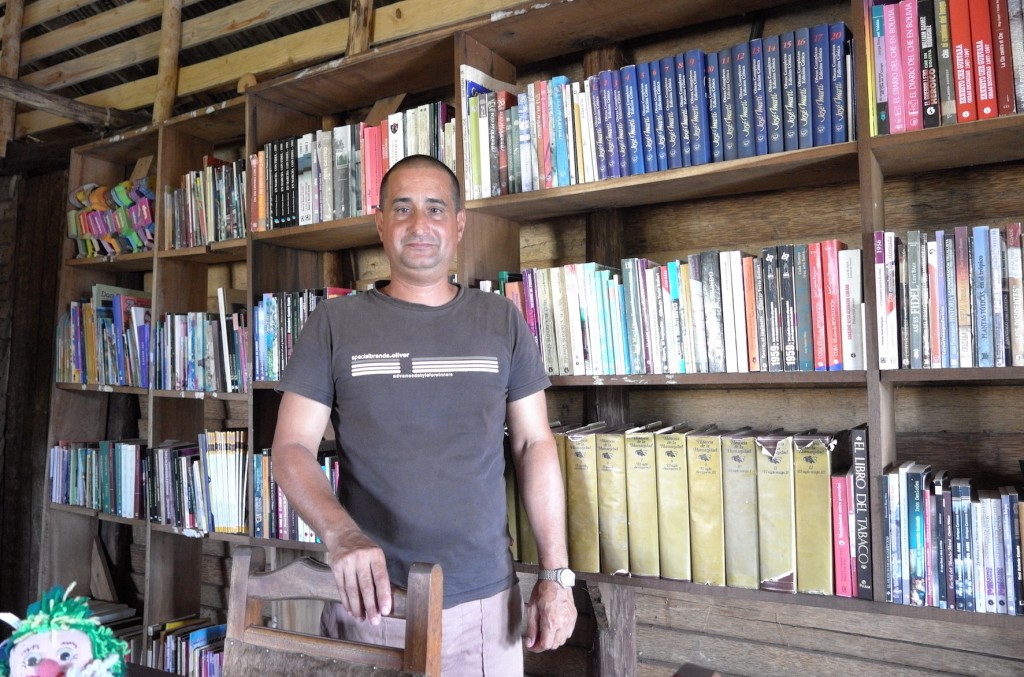
Pedro Amaury Santos Llambio in Soplillar library
A man in charge of the place, Pedro Amaury Santos Llambio is a university professor, with passion for rural education. For several days a month he teaches at the university in the city, but the rest of time he takes care of the museum and the library, located some 5 kilometers from the coast of the Bay of Pigs.
You would not believe it, but this huge area of Cienaga de Zapata used to have only four schools before the Revolution. Children used to suffer from malnutrition; there was hunger and misery everywhere. All that you see here now is a direct result of the Revolution.
Comrade Pedro Amary is a self-declared bookworm. And he knows many revolutionaries from both Cuba and abroad. He has even met one of the daughters of Noam Chomsky.
He is convinced that Cuba will not fall. He believes in socialism. He educates people, informs them, and discusses the world with them.
He explains:
“Cuba is very strong. We have done everything with our own hands. I have many Europeans coming here. I don’t know why… how do they find me? This place is so far from any big city… But they come: thinkers, writers, and journalists… We talk. I am open with them. I say: ‘all that you now have in Europe is due to the massacres and theft that you have been committing all over the world.”
I tell him that I recently gave a speech at the Italian Parliament, telling there, straight to their faces, basically the same thing. I also tell him that in the future, I’d like to come back and spend some time here, talk to local people in the village, and to read from one of my books in this library.
We shake hands; we embrace. I talk to a few more people in the village. Cuba is not going to disappear. I feel it. If in danger, we will fight for it.
Observed from here, it is that simple!
*
Briefly I worked in Havana. It is more complex than the provinces. I met painters, filmmakers, journalists, and owners of private restaurants. Their language was ornamental, words selected more carefully.

Obsession with culture – Chaplin Cinema in Havana
There was more talk about “peace” and “understanding”.
Some people in Havana don’t care about politics, but most of them do.
I understand why many foreigners, after visiting only Havana and maybe one or two touristy beaches, feel that Cuba is losing its revolutionary zeal. But even in Havana, ‘service providers’ is one thing, and regular citizens quite another.
And of course, the great Cuban intellectuals and artists are almost unanimously with the Revolution.
But during this visit I decided not to spend too much time in the company of my revolutionary intellectual comrades. I wanted to hear from provincial capitals and the countryside.
*
At the other end of the country, Comunidad Glorieta is just a few kilometers from Guantanamo Bay, right next to the “border” with the United States.
I stop a young woman in the middle of the street. She is 28 years old, working in a video store. Her name is Yarai. It is a random choice.
I ask her whether she knows what is happening behind the barbed wire, on the occupied territory?
She knows.
Is she afraid?
“Afraid? Of course not! I hope there would never be a war with gringos… Of course we want that territory, that base, to be returned to Cuba. We don’t like them to have it. But am I afraid? Not at all!”
Others in the village react in a similar way.
I often use the word “fear”. I ask whether people are “afraid”. It is because many of my friends all over the world keep expressing their anxiety, saying that Cuba would not survive, that it could soon be swept away.
Back in Guantanamo City I saw huge playgrounds full of children. It was Sunday and thousands of people were out, playing, promenading, and talking. Another beautiful Cuban historic city! I witnessed a relaxed, optimistic atmosphere.
Here too, I spoke to people. Some were indignant about the base, some indifferent. But there was no fear, and absolute certainty that the Cuban political system will survive.
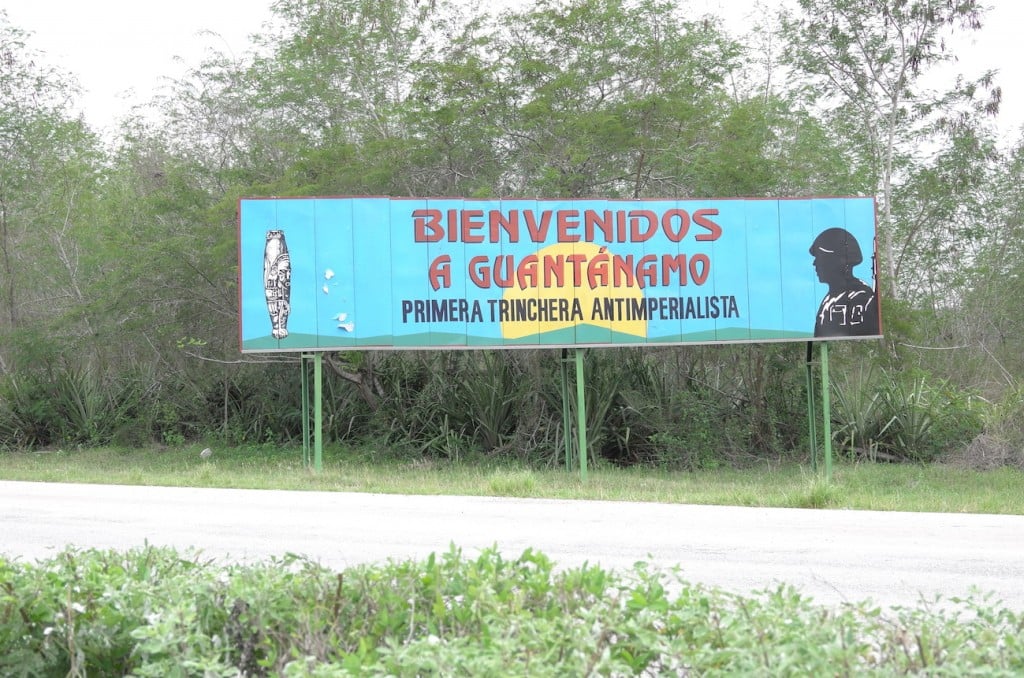
Guantanamo – first line of defense against imperialism
Approaching Guantanamo, a huge poster declared:
WELCOME TO GUANTANAMO! THE FIRST ANTI-IMPERIALIST LINE OF DEFENSE
My local driver was paraphrasing Che. He used to be a schoolteacher. Now he was retired, but wanted to ‘keep busy’. When I told him that I am tired, he laughed:
Che used to say that true revolutionaries have no right to get tired. ‘All those who get tired have the right to be tired. But then, they have no right to call themselves true revolutionaries.’
This was Cuba.
“In that case let’s stop for a quick coffee”, I smiled. “And let’s keep working!”
“That’s better!” he roared, hitting me on the back.
*
The base was suddenly there, in front of me, down below; huge, intrusive, disgusting, totally out of place; an illegally occupied Cuban territory; an imperialist stronghold.
I made a grimace. A couple of Venezuelan travellers caught my facial expression. A girl said: “Que mierda, no?” What a shit!
And I nodded. There was nothing else to add. She summarized it all fairly accurately.
“If Obama is truly serious about improving the relationship between the two countries, he should first return Guantanamo Base to Cuba”, I said.
All three of us just shrug our shoulders. Like: “we know better.” In Venezuela they definitely knew perfectly well what the Yankee imperialist doodle looks like.
On the way there, our car was stopped at a checkpoint. Police in Cuba hardly stop cars, but here, near the “border”, things are always a little bit tense.
The officer happened to be a young lady.
“How are you?” I asked.
“It’s like an oven here”, she replied. “So hot! Must be over 35C.”
She had ran out of cigarettes and was visibly tired.
I had bought a pack of local smokes and a can of ice-cold soda at Loma Grande. Now, driving back towards Guantanamo city and Santiago de Cuba, I extended my hand and offered her both. “For you’, I said.
“You are trying to corrupt me, gorgeous!” she was laughing her lungs out.
She was openly flirting with me, in the most innocent and natural way. I knew that I had to respond, to return her compliment, somehow; otherwise she would get offended. This is how it was in Cuba. For a while I was searching for words. Western political correctness had made me clumsy.
She had beautiful eyes, jet-black hair and a big gun hanging at her hip.
“The gringos would never manage to pass through this checkpoint”, I said. “They’d freeze when confronted by your beauty.”
It was clumsy. I was out of practice, but it worked. She smiled happily. She hugged me, pressed her fragile body against mine for just a fraction of a moment, and then kissed me on my cheek.
For a short moment both of us felt light, but all around us it was all damn serious, all real. Cuban tanks were just nearby, their cannons facing the base. There were bunkers and barbed wire clearly visible from where we stood. Yes, ‘the first anti-imperialist line of defense’.
I was well aware that I was at the front, and on the correct side of the line.
“I’ll now go”, I said to the girl. “I have to go. But I’m always with your people.”
I thought that what I had just said was somehow out of place. It wasn’t. She saluted me, her face suddenly serious. I saluted her back.
Then I asked a few last questions:
“Are you concerned?” I pointed towards the barbed wire.
“No.”
Not afraid of what may be behind Obama’s visit? Not afraid that they will now try something else? Not scared that this time they may succeed, that they could finally manage to derail Cuban socialism?
“No, not afraid”, she replied. Just that. Proud. Confident. A true Cuban!
I got back into the car and in a few moments the checkpoint disappeared behind the curve. Diligently, I began cleaning my equipment as if it was an arsenal of weapons. I was wondering why I suddenly had a lump in my throat, and why my glasses got so foggy.
“So Cuba is not going to fall?”
“No, Comrade”, the driver replied. “It cannot. It has no right to fall.”
We were speeding towards Santiago, Santiago de Cuba.
“Good. Then let’s sing”, I said in a hoarse voice. “Let’s sing now, damn it!”
*
Andre Vltchek is a philosopher, novelist, filmmaker and investigative journalist. He covered wars and conflicts in dozens of countries. His latest books are: “Exposing Lies Of The Empire” and “Fighting Against Western Imperialism”. Discussion with Noam Chomsky: On Western Terrorism. Point of No Return is his critically acclaimed political novel. Oceania – a book on Western imperialism in the South Pacific. His provocative book about Indonesia: “Indonesia – The Archipelago of Fear”. Andre is making films for teleSUR and Press TV. After living for many years in Latin America and Oceania, Vltchek presently resides and works in East Asia and the Middle East. He can be reached through his website or his Twitter.
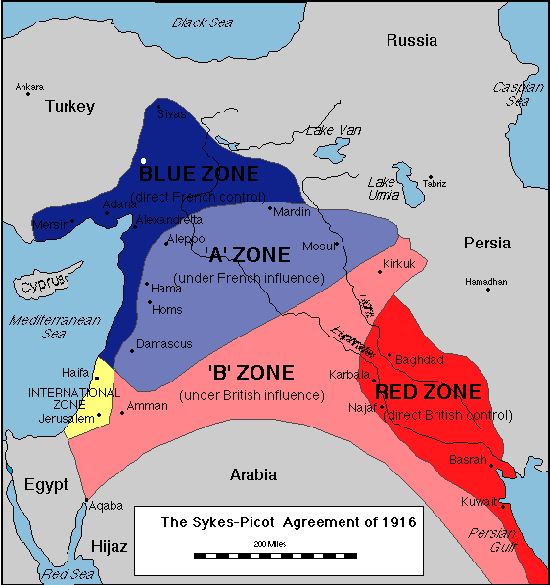














.jpg)




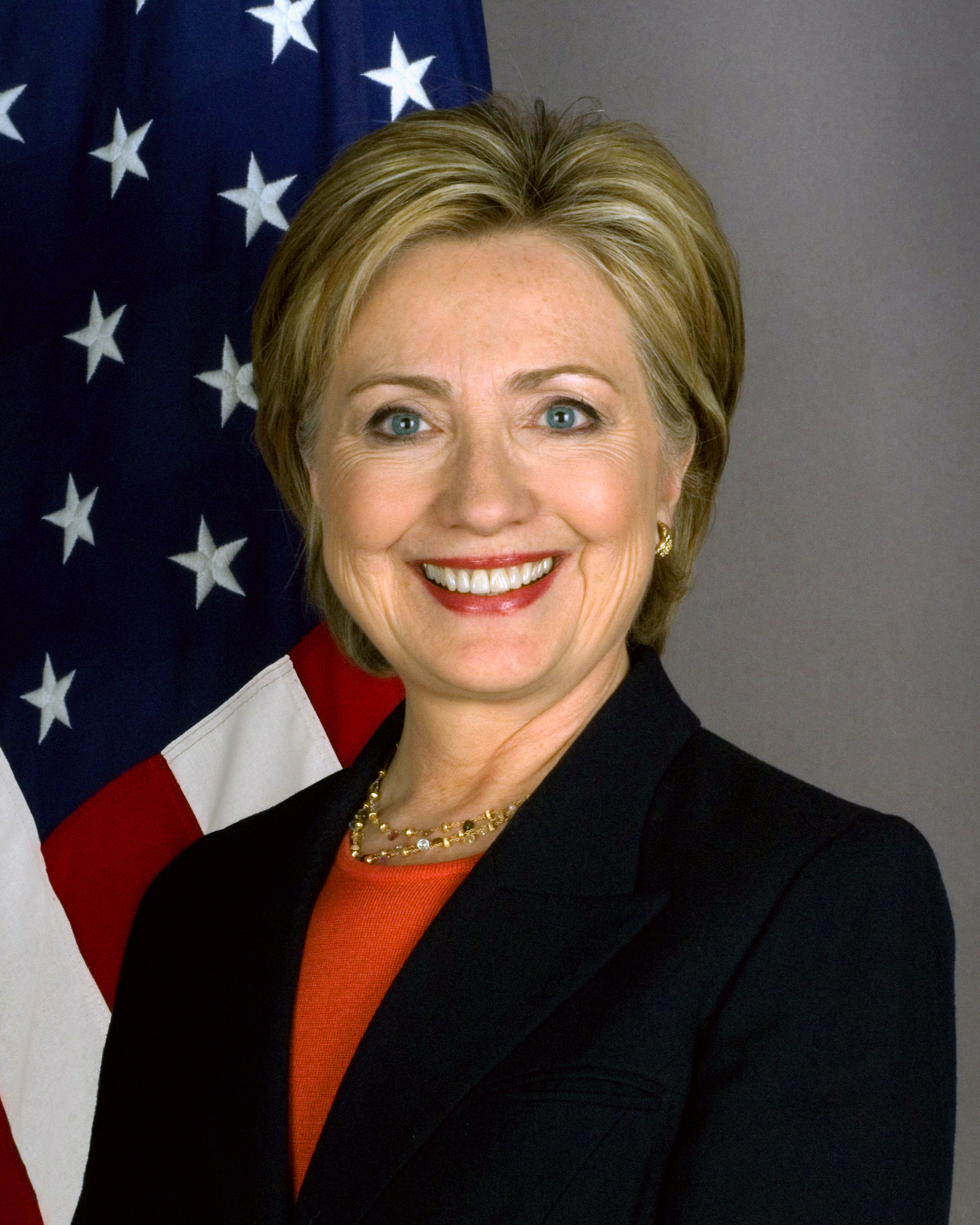


![Explosion in Libya [file photo]](https://www.middleeastmonitor.com/wp-content/uploads/images/article_images/news/africa/unrest-in-libya-2014.jpg?1b43a2)
 This 2013 agreement is of particular significance because it deepens the Israel-NATO relationship beyond the so-called “Mediterranean Dialogue”. The joint statement points to an Israel NATO partnership “in the fight against terror and the search for peace… in the Middle East and the world”.
This 2013 agreement is of particular significance because it deepens the Israel-NATO relationship beyond the so-called “Mediterranean Dialogue”. The joint statement points to an Israel NATO partnership “in the fight against terror and the search for peace… in the Middle East and the world”.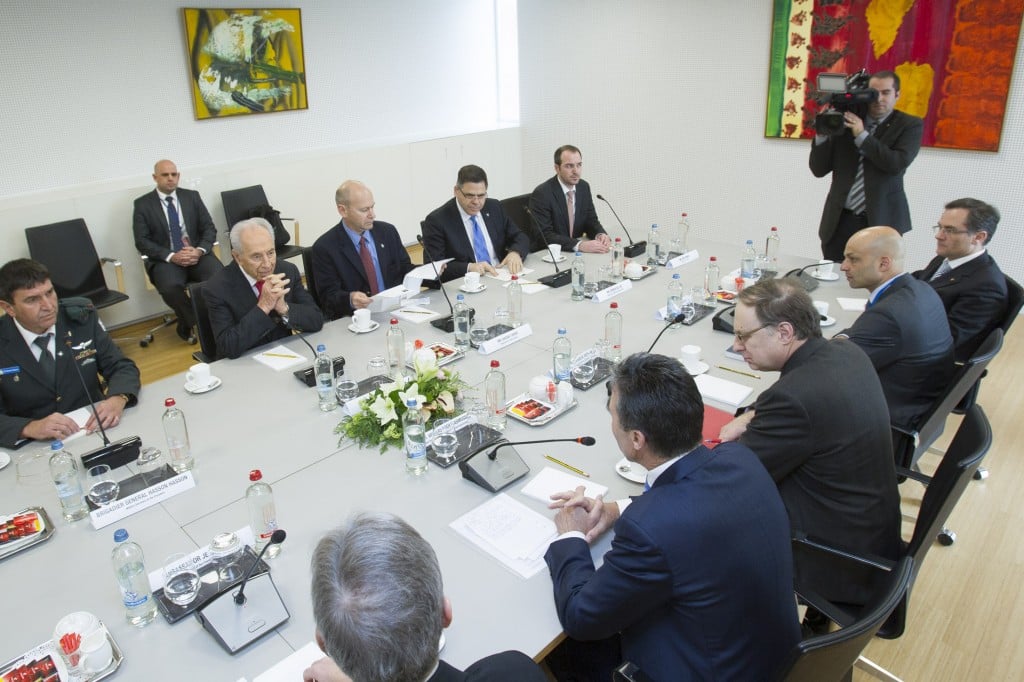

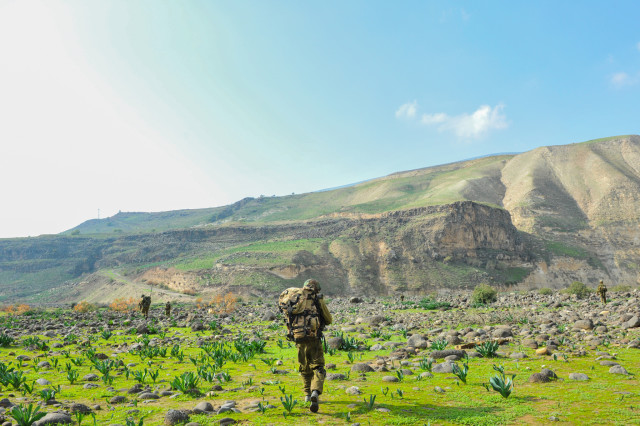
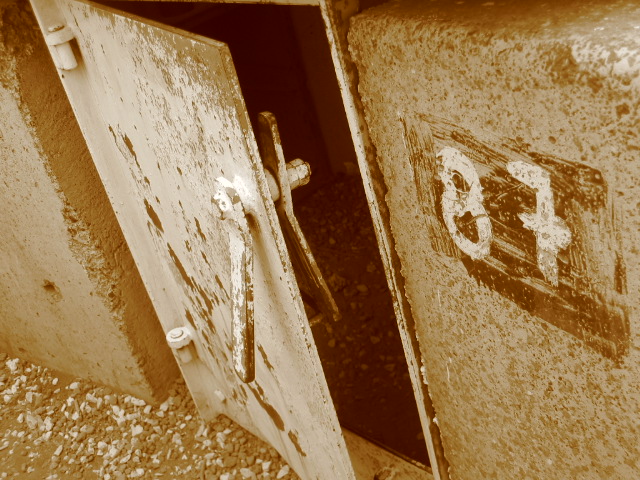
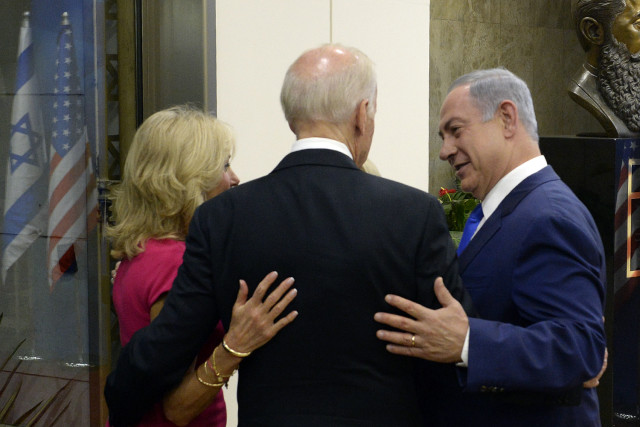
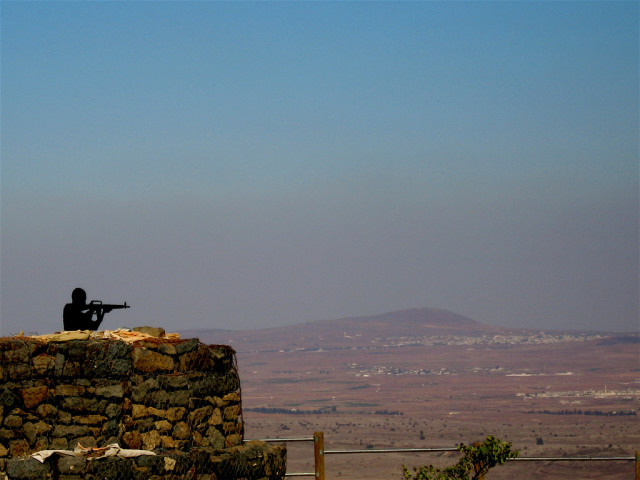
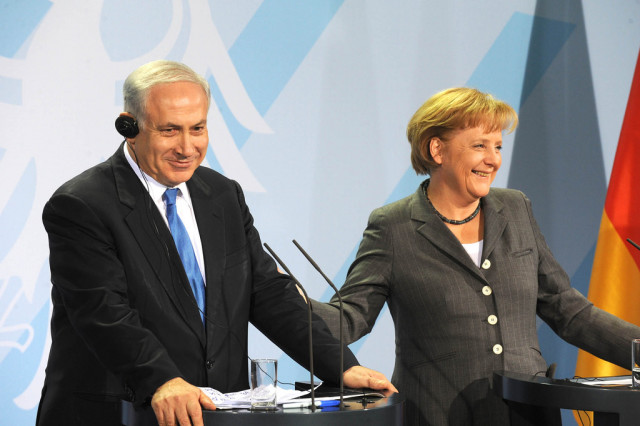

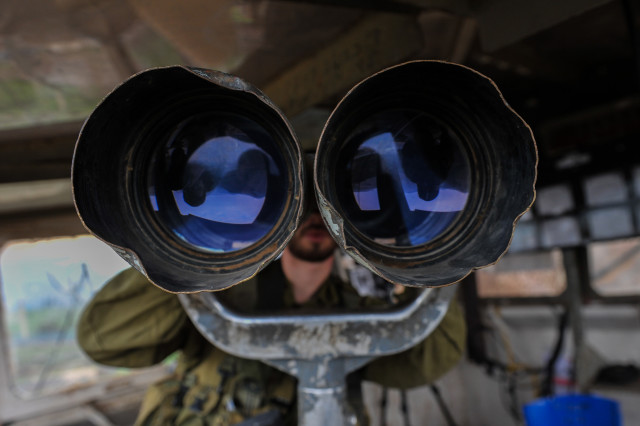
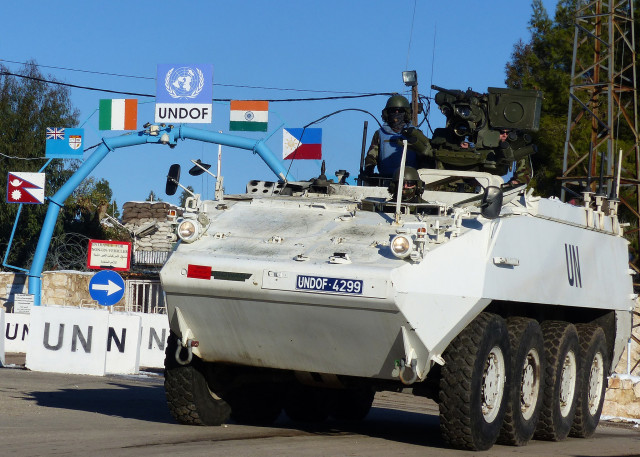
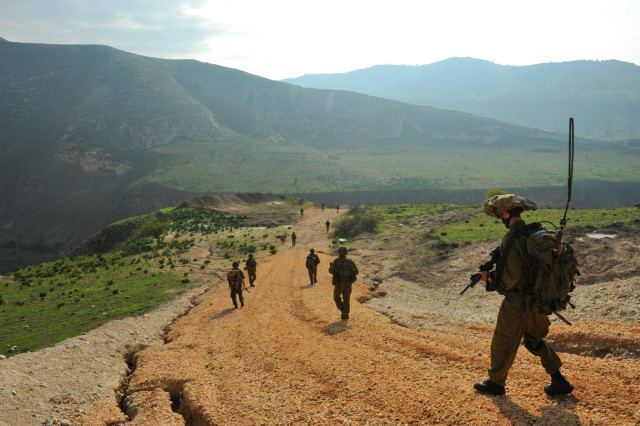
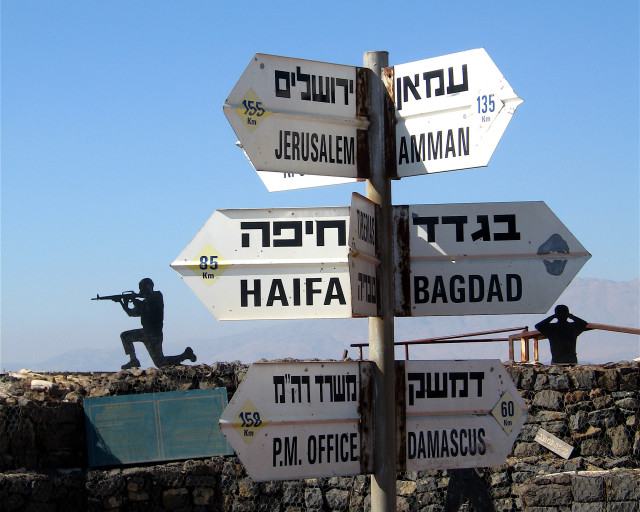

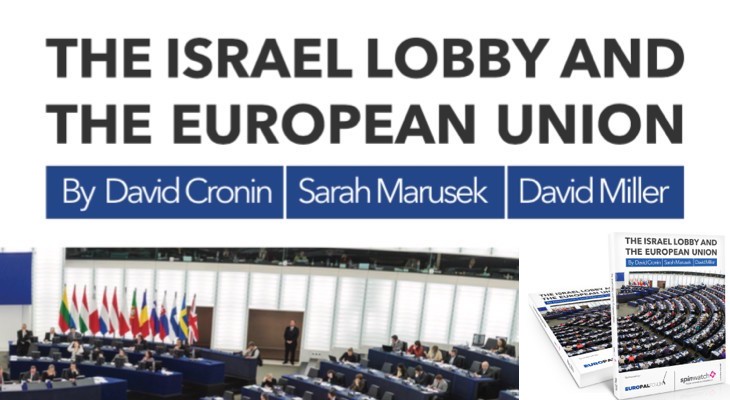










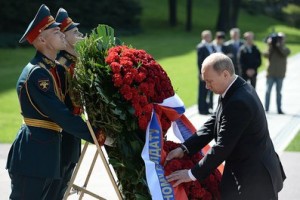


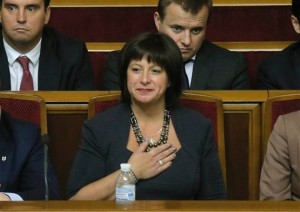
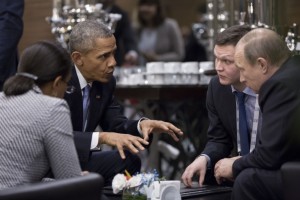 When – during one of the new regime’s “anti-terrorist” offensives – a passenger jet would be shot down over Nova Scotia killing all onboard, Russia would accuse President Obama of being behind the outrage, charging that the U.S. had provided the powerful anti-aircraft missile needed to reach a plane flying at 33,000 feet.
When – during one of the new regime’s “anti-terrorist” offensives – a passenger jet would be shot down over Nova Scotia killing all onboard, Russia would accuse President Obama of being behind the outrage, charging that the U.S. had provided the powerful anti-aircraft missile needed to reach a plane flying at 33,000 feet.

